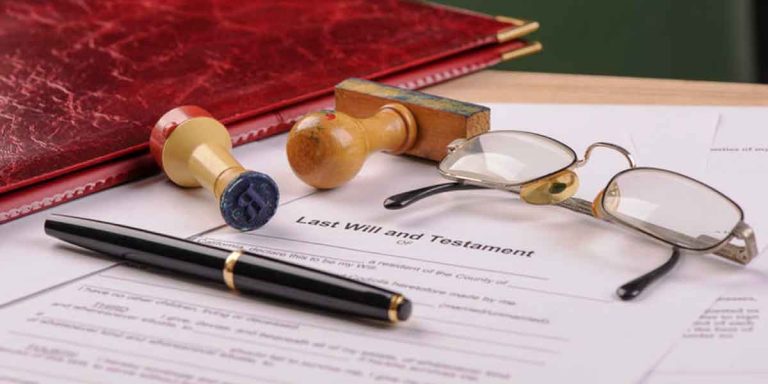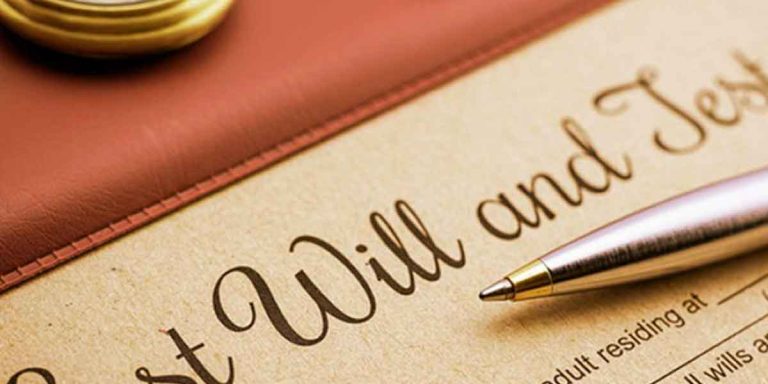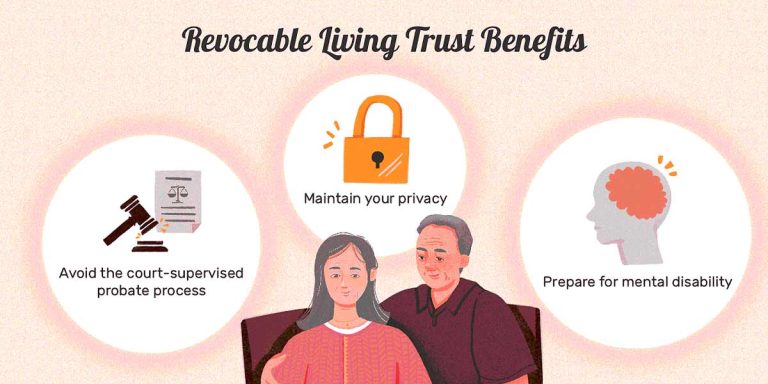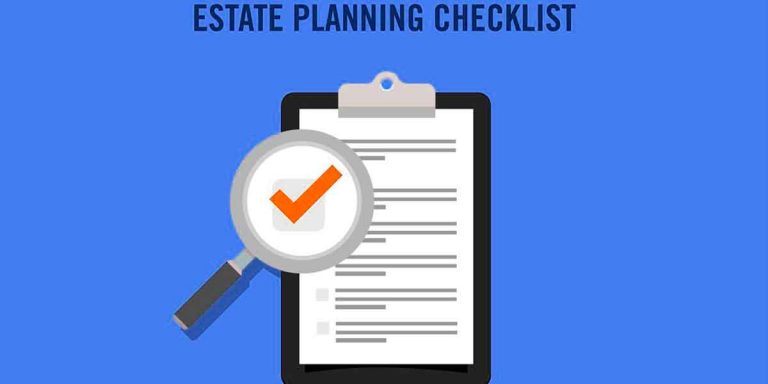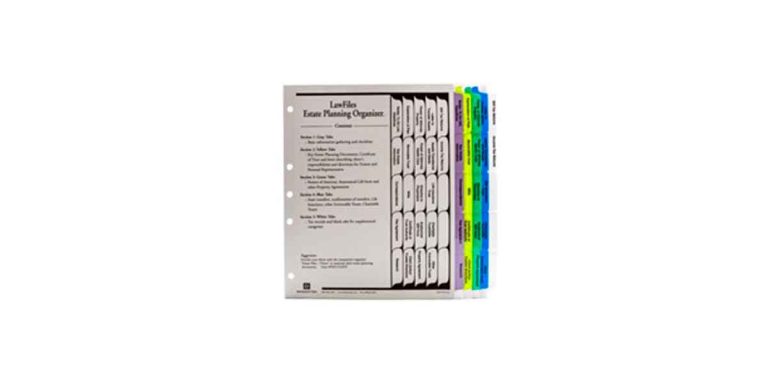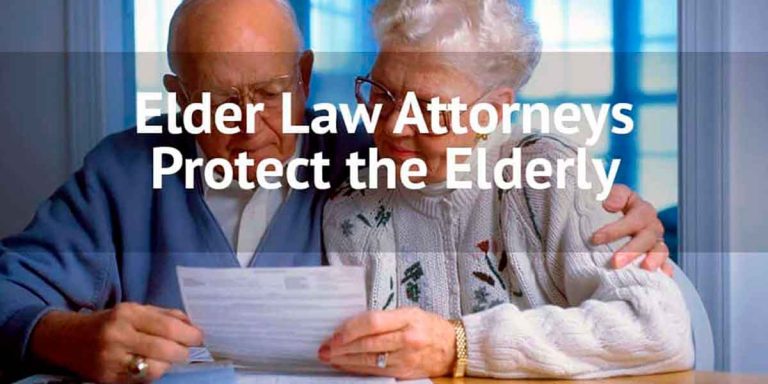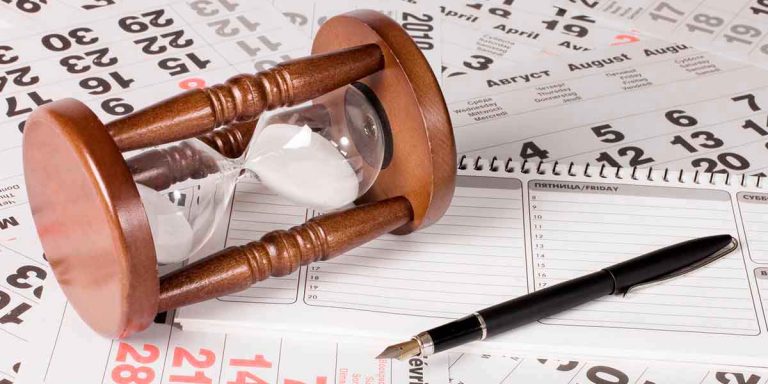When a person dies, their property has to be passed down to the heirs. In New Jersey, a legal procedure known as probate is often required for this, especially when the deceased had a will and the property is in the name of the deceased.
Probate New Jersey
Probate is a court-supervised legal procedure conducted after you die, for the purpose of distributing your wealth to your heirs. Probate in New Jersey is only done when you leave property in your own name. If all your assets are transferred into a living trust before you die, probate will not be required since the assets have taken the name of the trust. Estates owned jointly through joint tenancy and with a right of survivor-ship or tenancy by the entirety will pass to your partner without probate been conducted. Also, retirement accounts, life insurance, bank accounts with transfer-on-death (TOD) and payable-on-death (POD) policy will not be probated, since there are already beneficiary designations on these assets.
The executor named in the will is the personal representative of the deceased, and he is the one to begin the probate process. In the absence of a will or a named executor, the court will itself appoint a personal representative known as an estate administrator. An executor has the same duties as an administrator.
Duties of the executor/estate administrator during probate
The executor in the will begins probate by filing a petition in a Surrogate Court in the same county where the decedent had lived and owned property. To do that, the executor has to present the will and death certificate of the decedent. If the will is “self-proving,” then the will is accepted and the executor can commence with his other duties. But if there is any reason to doubt the validity of the will, then a document known as “Letters Testamentary” will be issued by the court to the executor. If the court has appointed an estate administrator, then, the court will issue “Letters of Administration” to the administrator. These two documents give the executor or administrator approval to carry out their fiduciary duties. These duties include:
- Identifying all assets owned by the decedent
- Valuating the estate
- Opening a checking account for the estate from which bills will be paid
- Paying taxes, bills, expenses, and debts to creditors from the checking account
- Valuating what is left and distributing them to the heirs or beneficiaries in line with the dictates of the will (or according to New Jersey succession law).
The executor/administrator must inform the heirs, family members and all interested parties relating to the deceased within 60 days of initiating probate. Probate in New Jersey often gets complicated and lengthy, and may last up to a year of more. However, small estates in New Jersey less than $20,000 will undergo a shorter and simpler probate process known as a simplified probate process.
Simplified probate process
Estates worth more than $20,000 in New Jersey may go through the full probate procedure because the Garden State does not apply the Uniform Probate Code (for simplifying probate). However, smaller estates will enjoy a simplified probate which is quicker and incurs less cost.
Simplified probate process in New Jersey will apply in the following cases:
- The total assets left by the decedent do not exceed $20,000 of which the spouse or domestic partner of the decedent is the only beneficiary.
- The total assets left by the decedent do not exceed $20,000 of which there is no surviving spouse or domestic partner.
With approval from all other heirs, an heir can make a sworn statement to the court to receive all the property of the decedent.
Problems of probate
In the event a will is declared invalid, then it becomes void. The court then appoints its own estate administrator, and the laws of intestacy will be effective, benefiting only the blood heirs of the decedent (spouse, children, parents, or grandparents). Also, a will may be contested during probate, because an unsatisfied party feels cheated. Estate executors and administrators are occasionally found squandering estate funds and involving in fraudulent activities.
Probate in New Jersey is also very lengthy and costly, and assets may get frozen for up to 18 months before beneficiaries receive their share. You can avoid probate in New Jersey by holding your assets in a living trust. An estate planning attorney can help you do that. If probate must be done and you find yourself as an executor, kindly contact a probate attorney New Jersey for their esteemed professional assistance.





